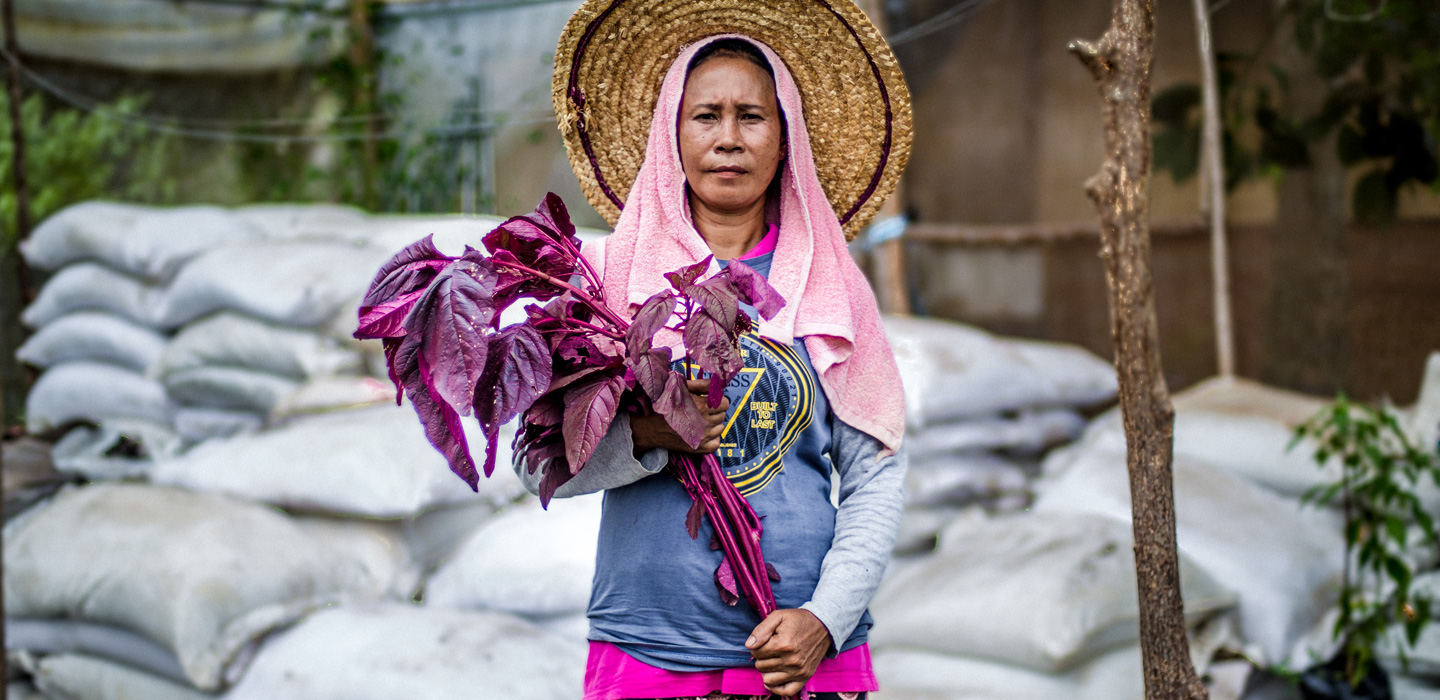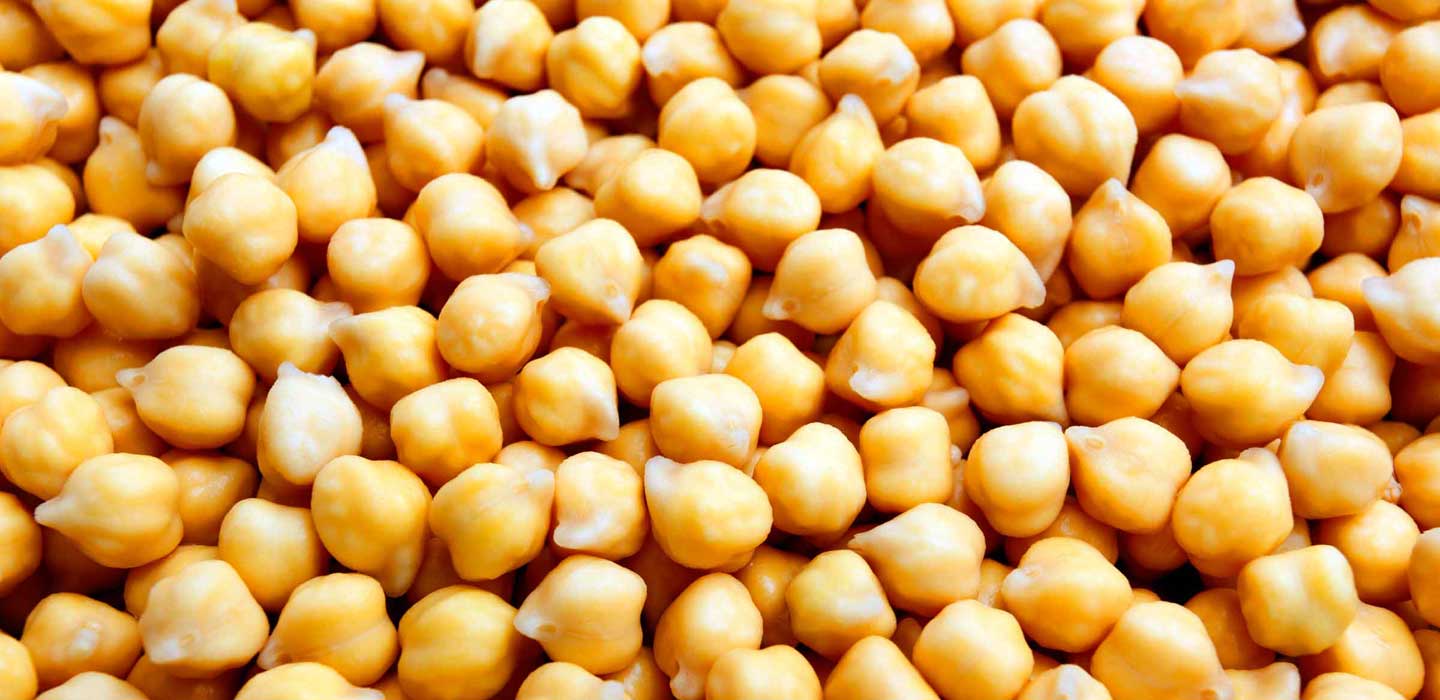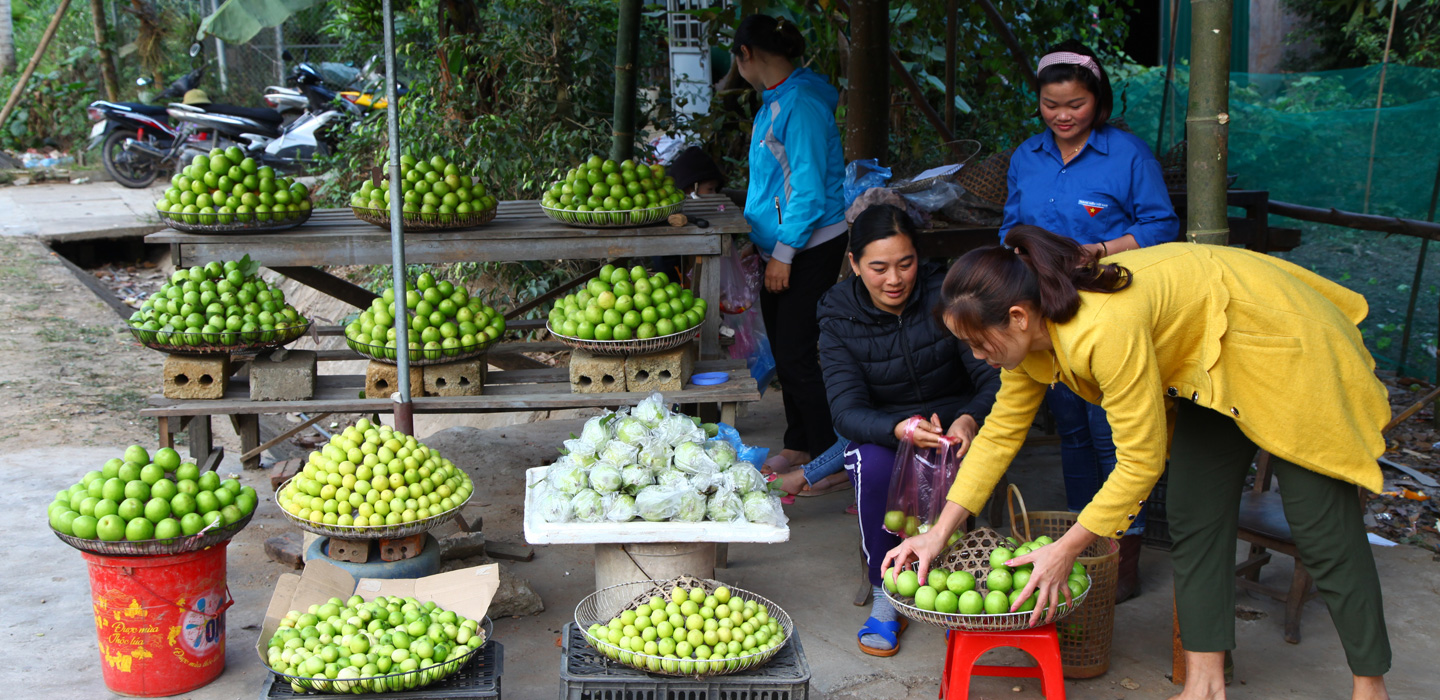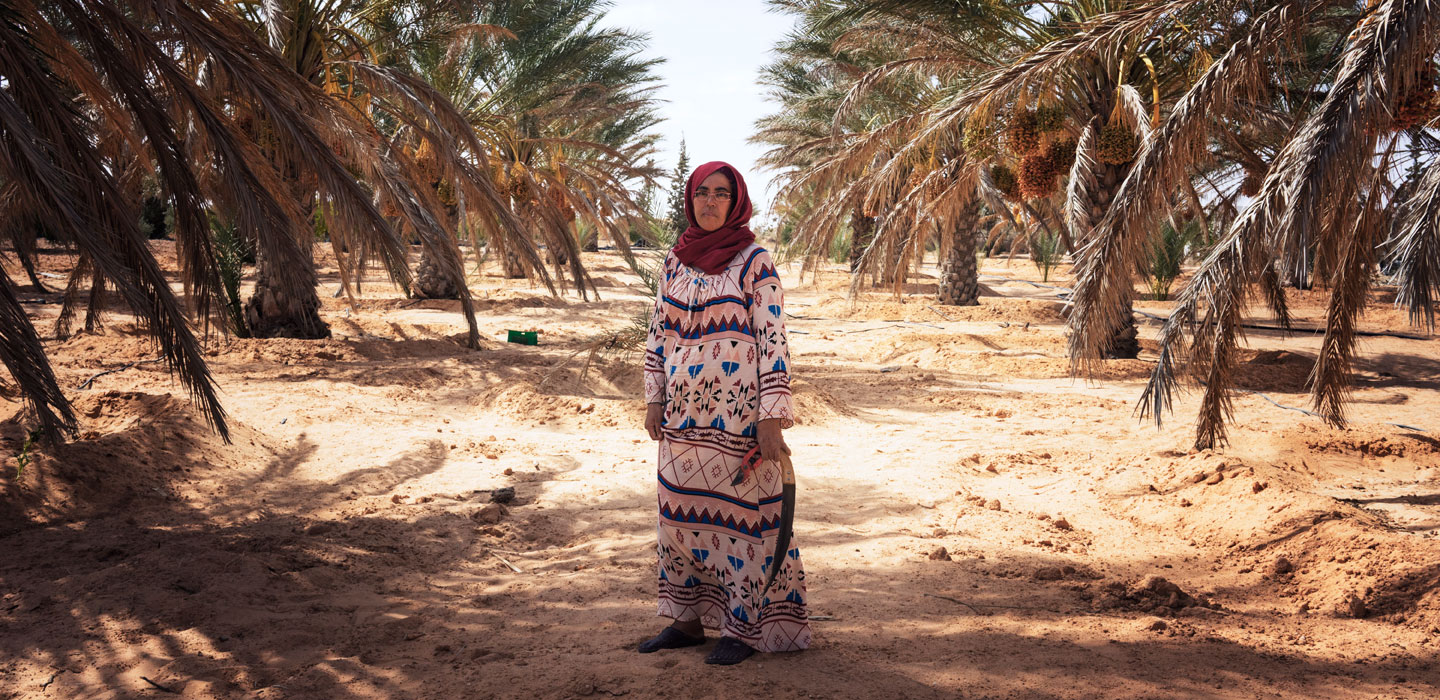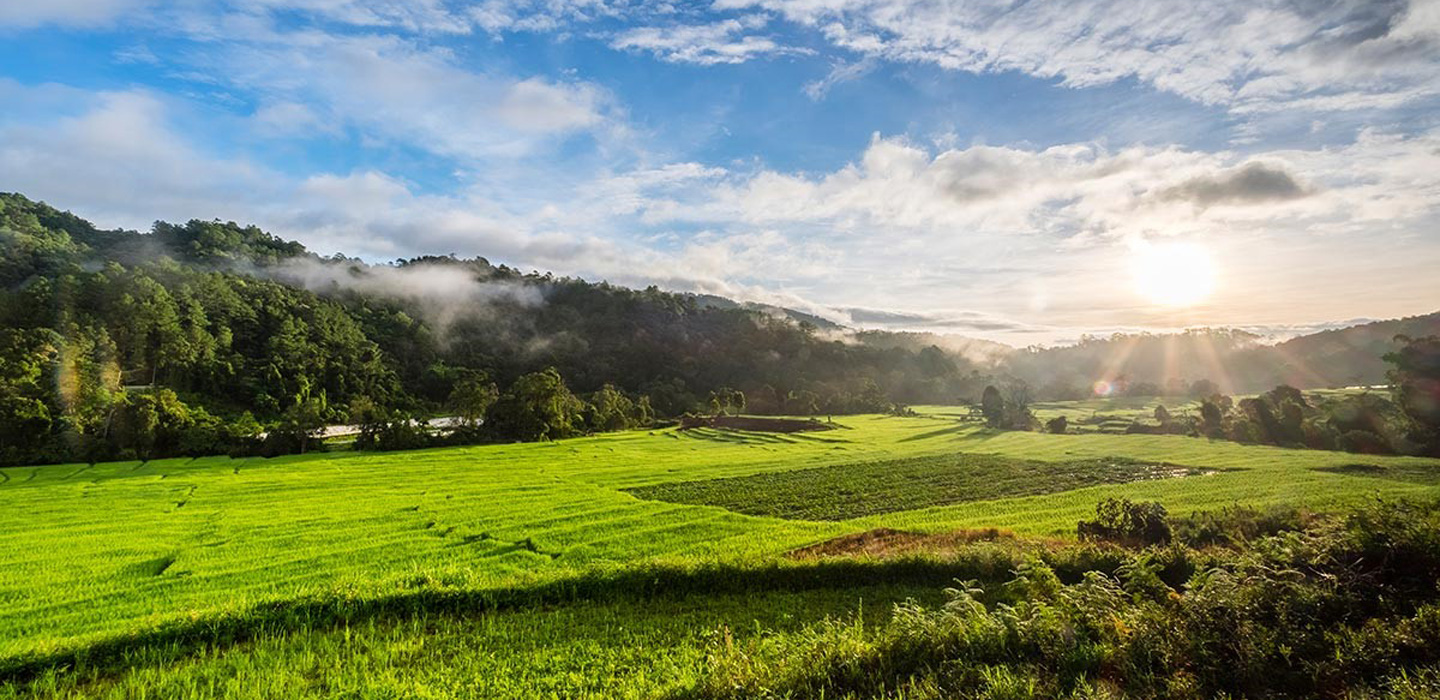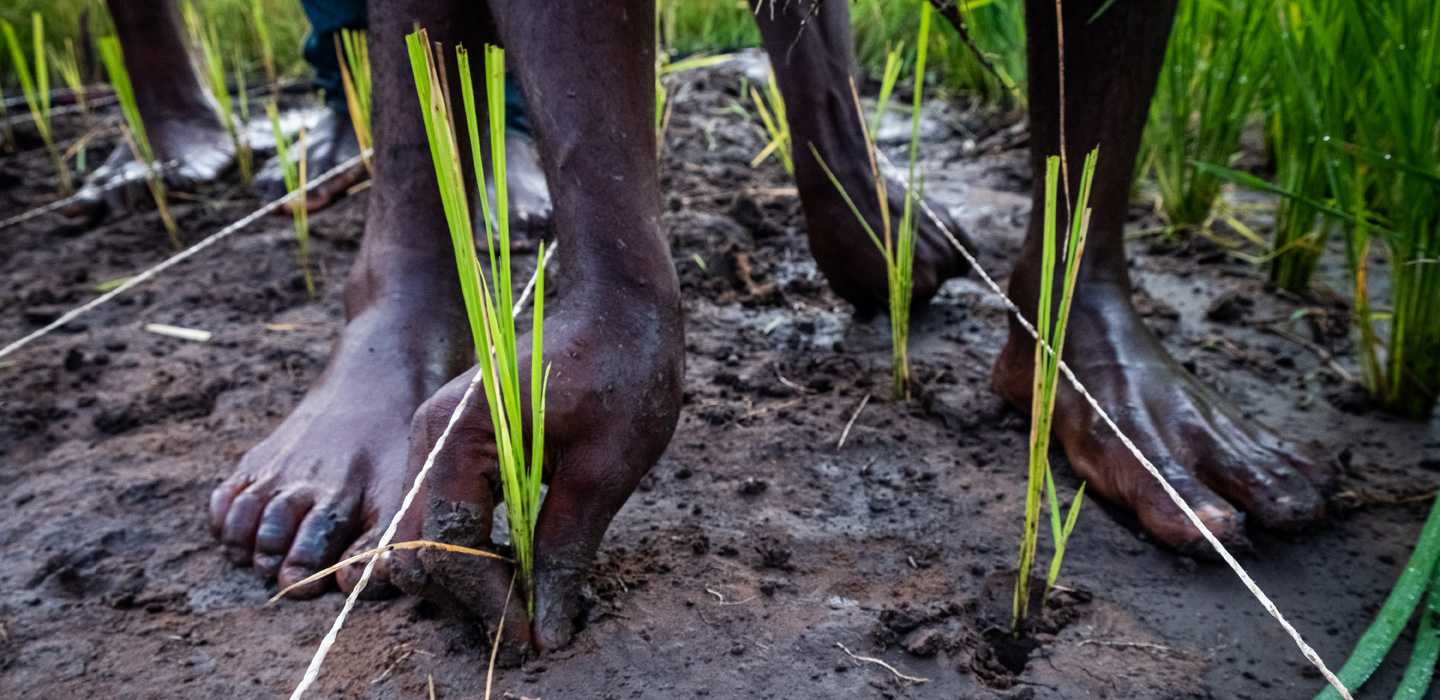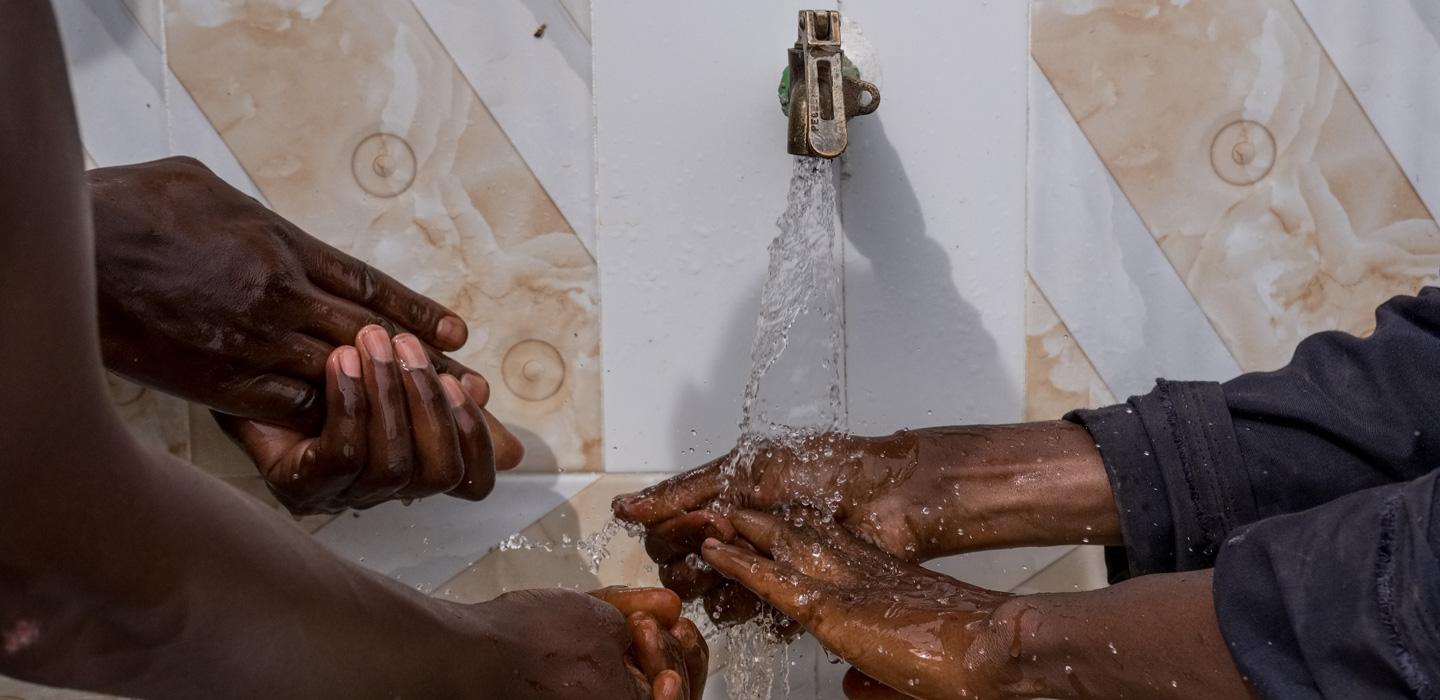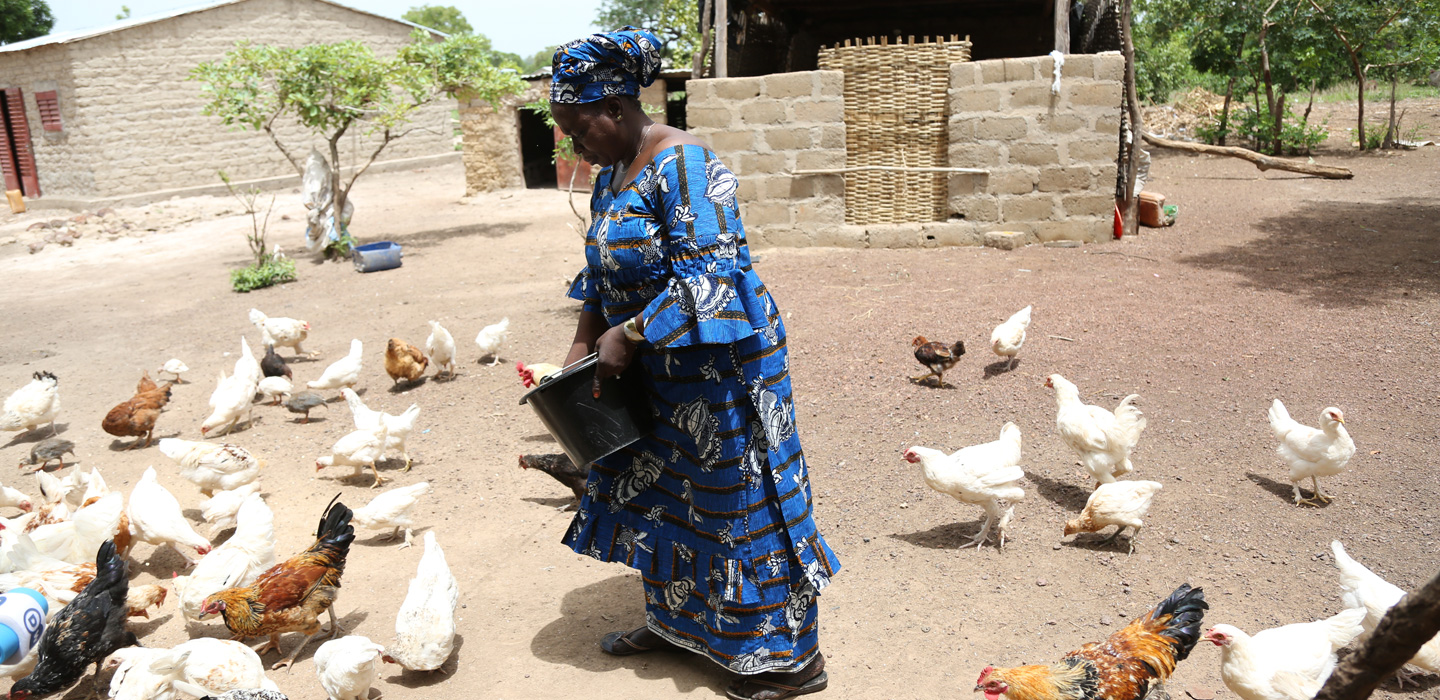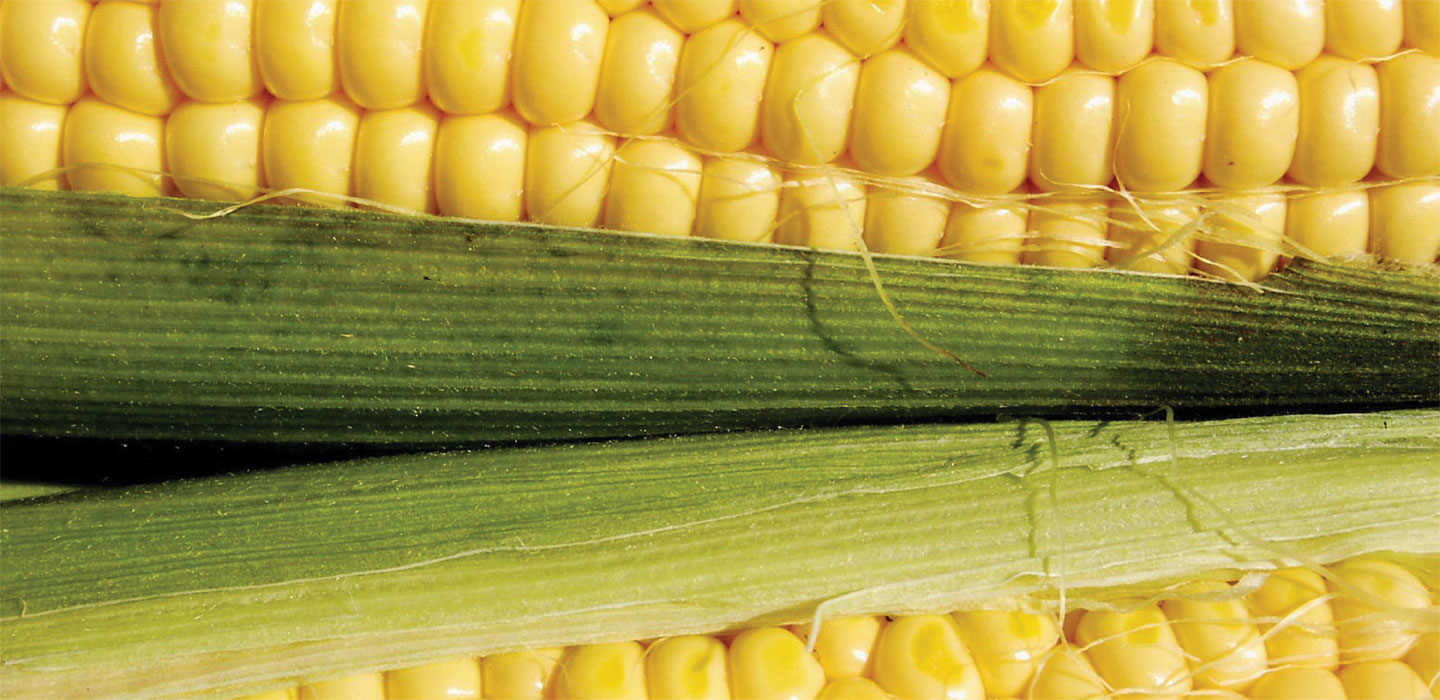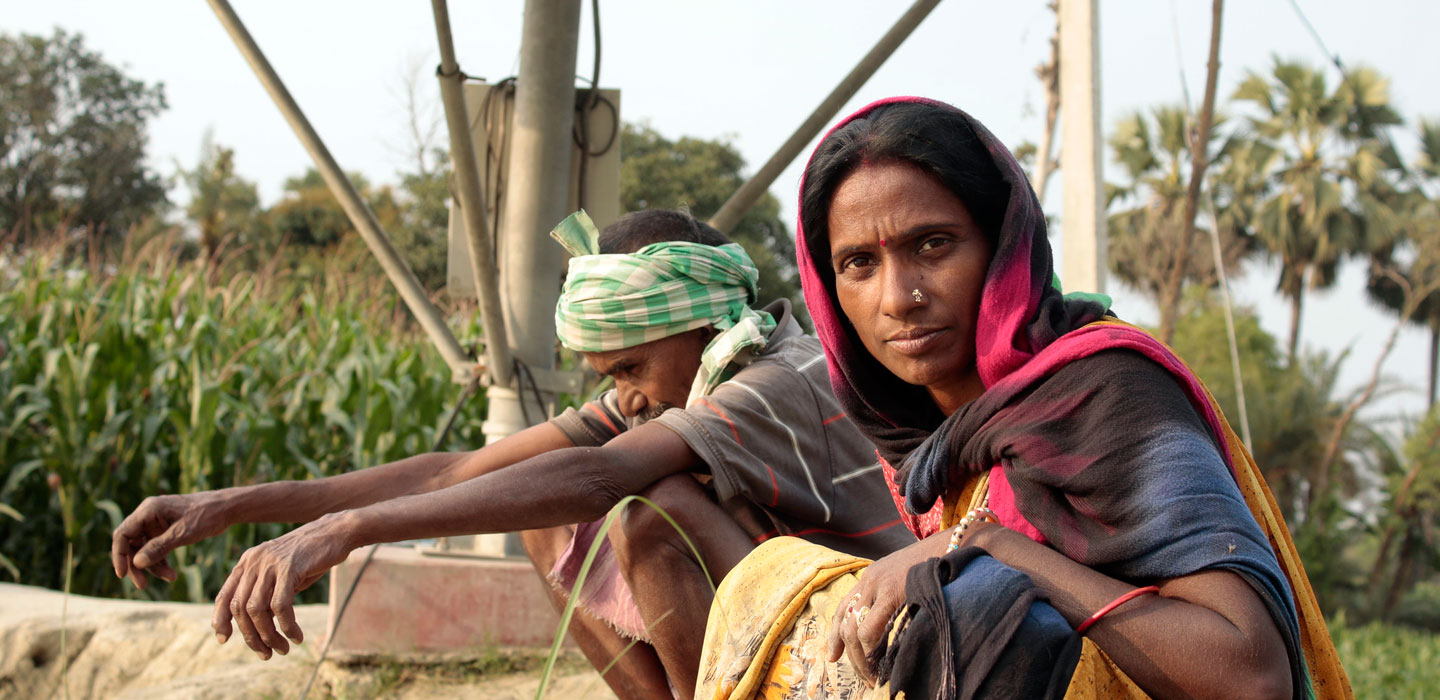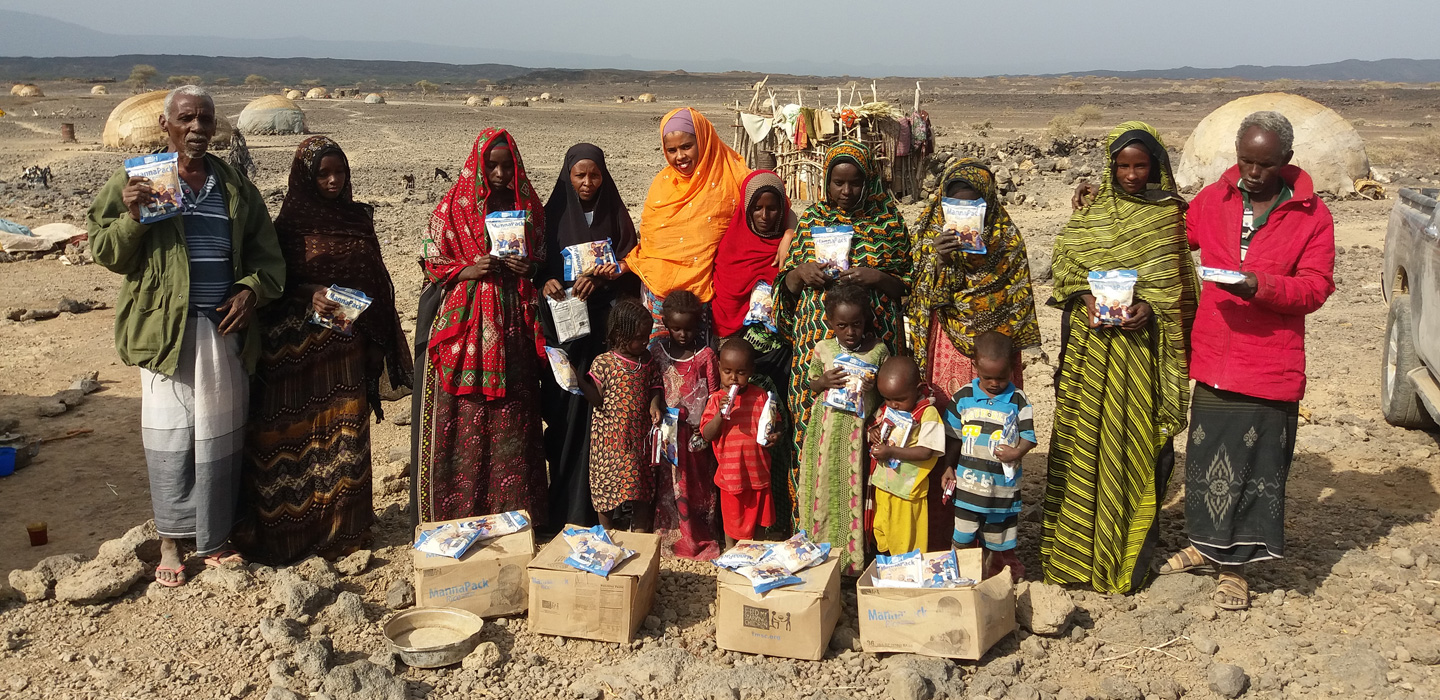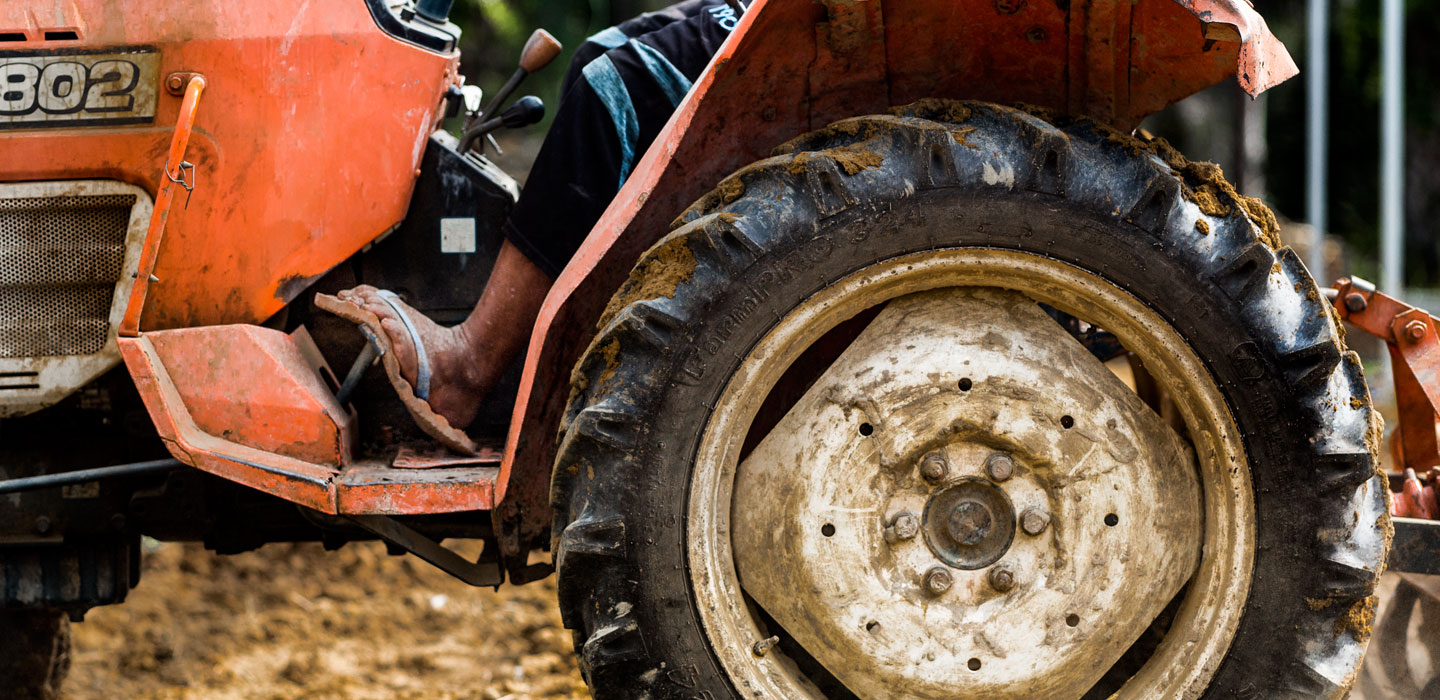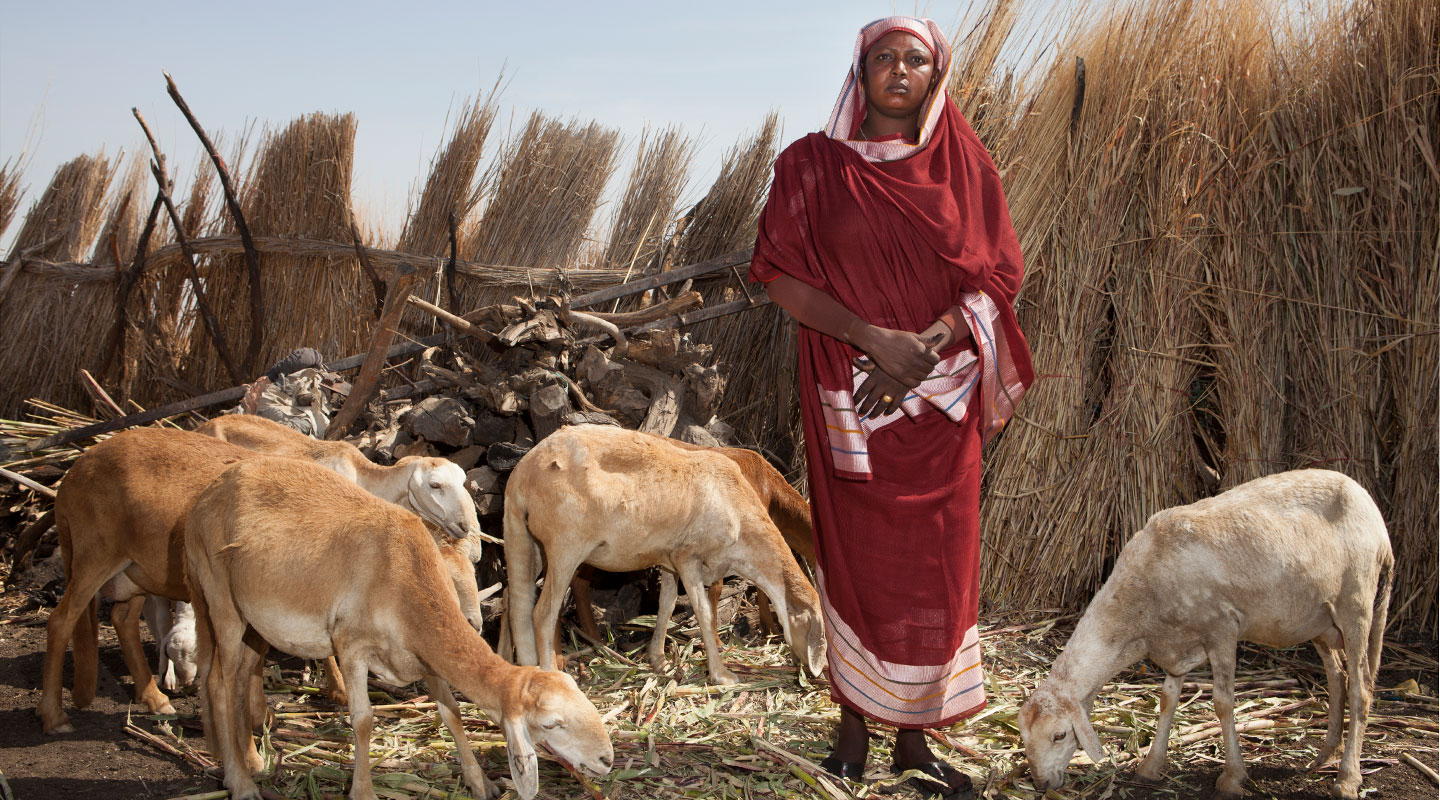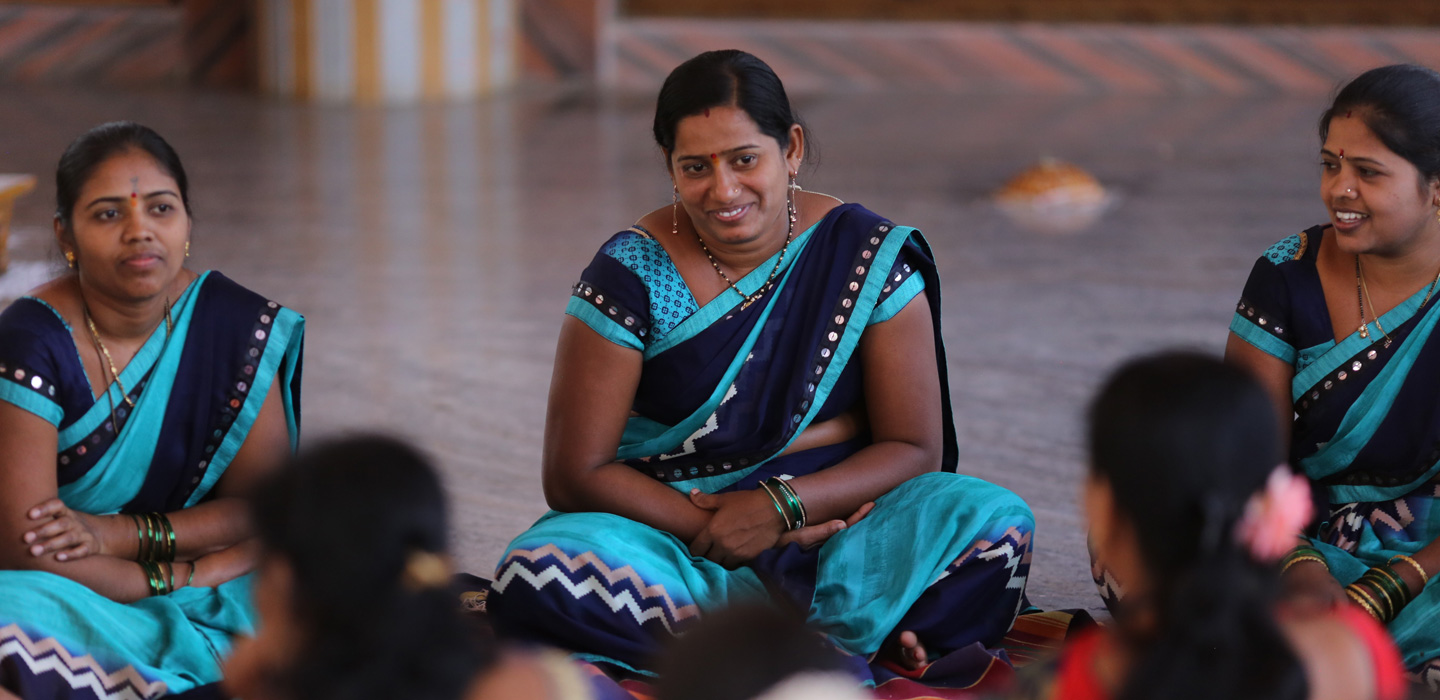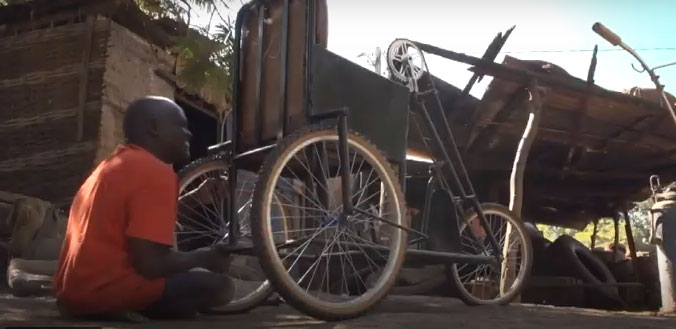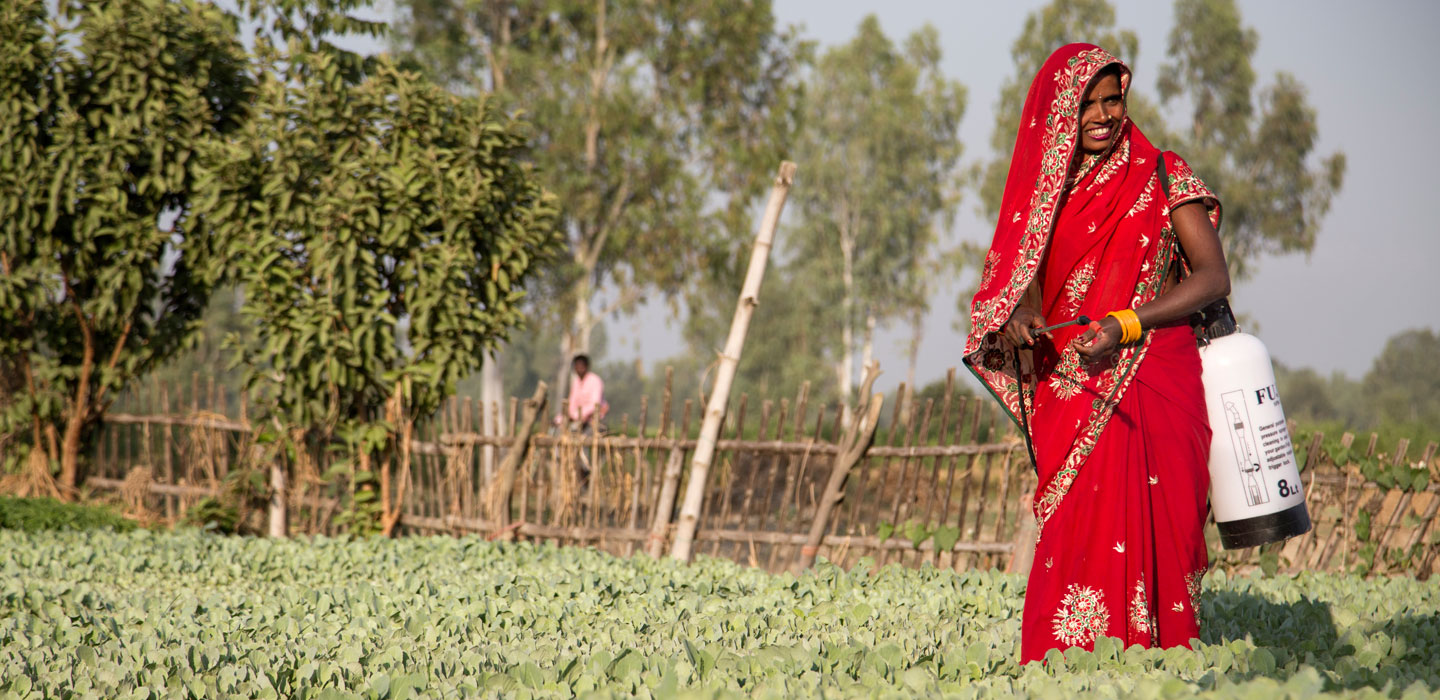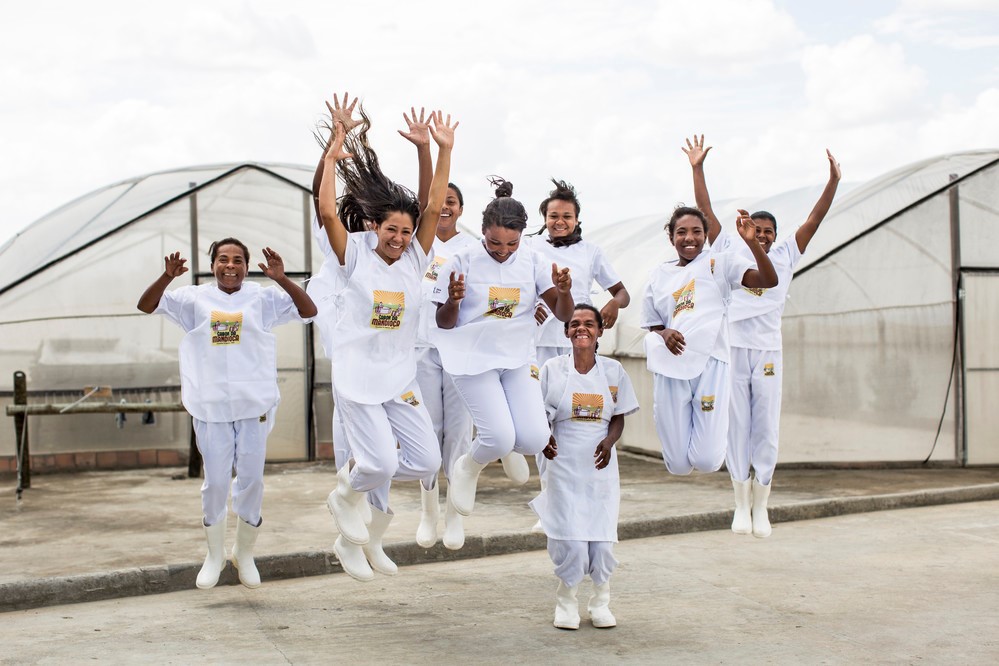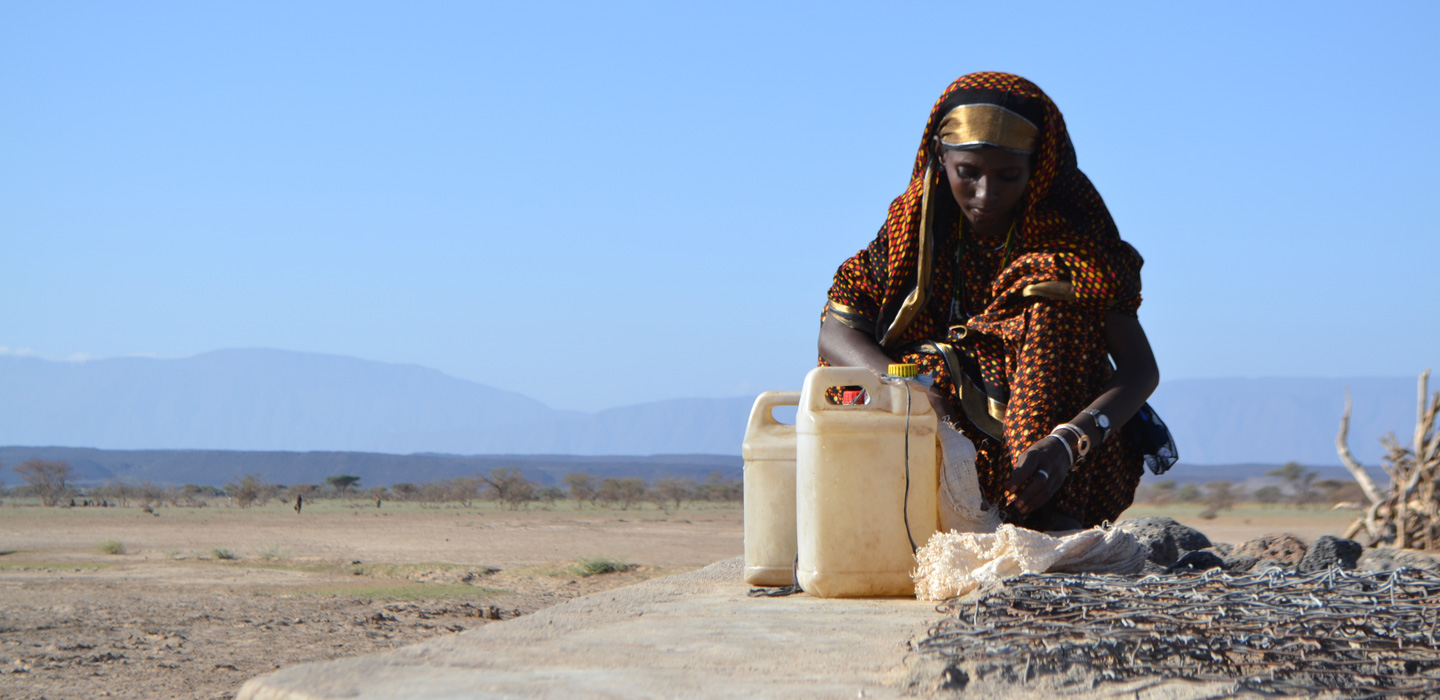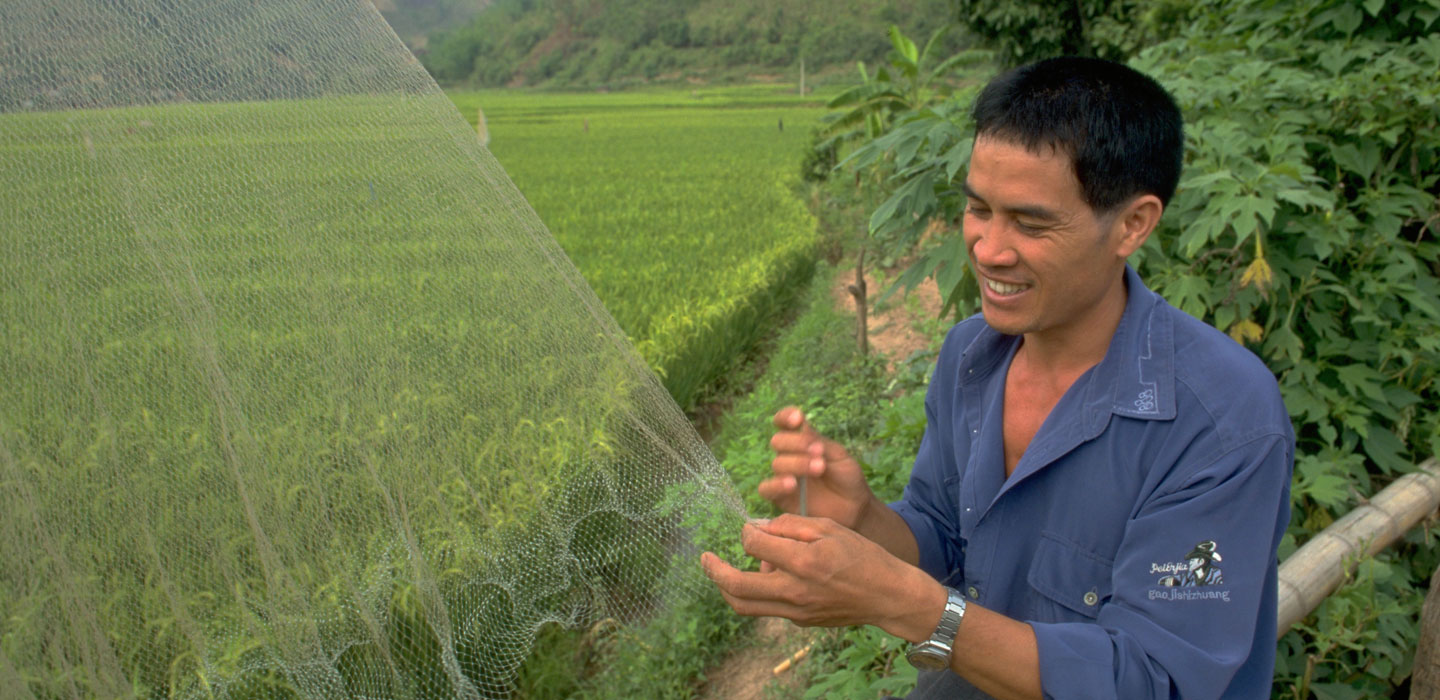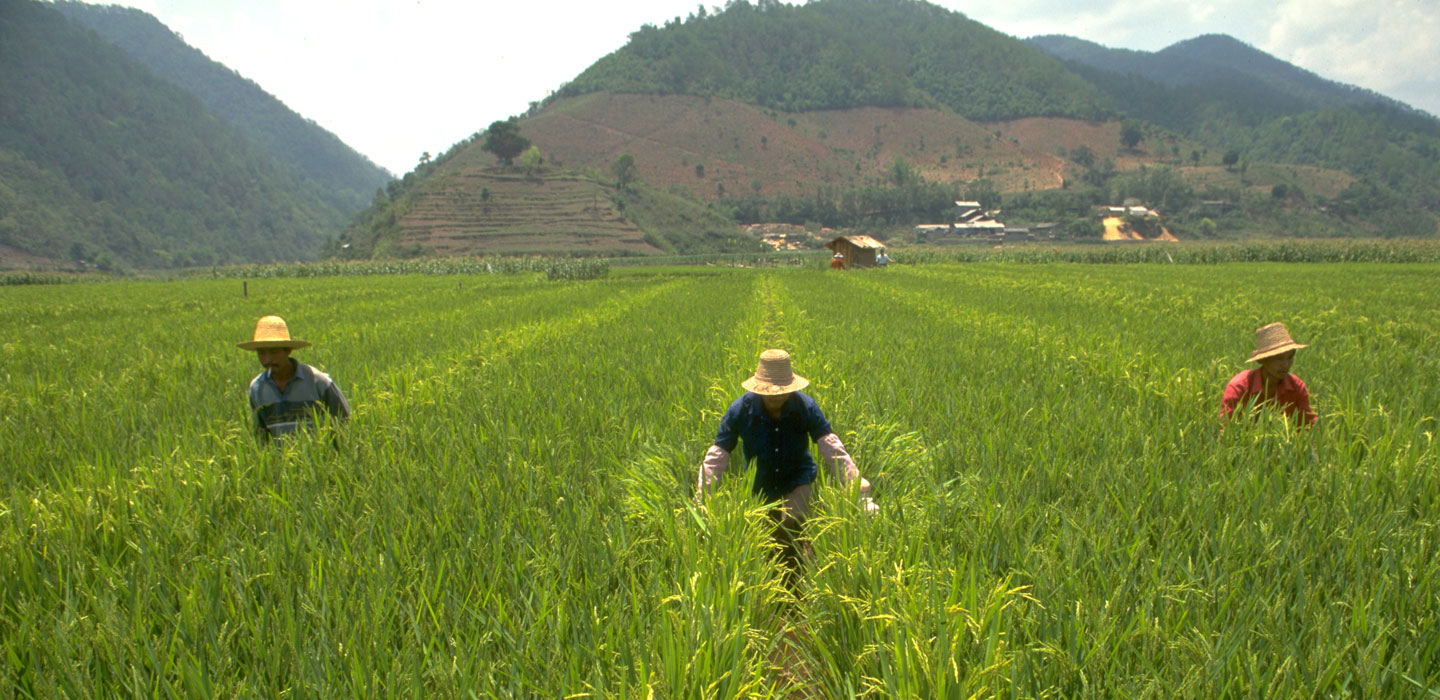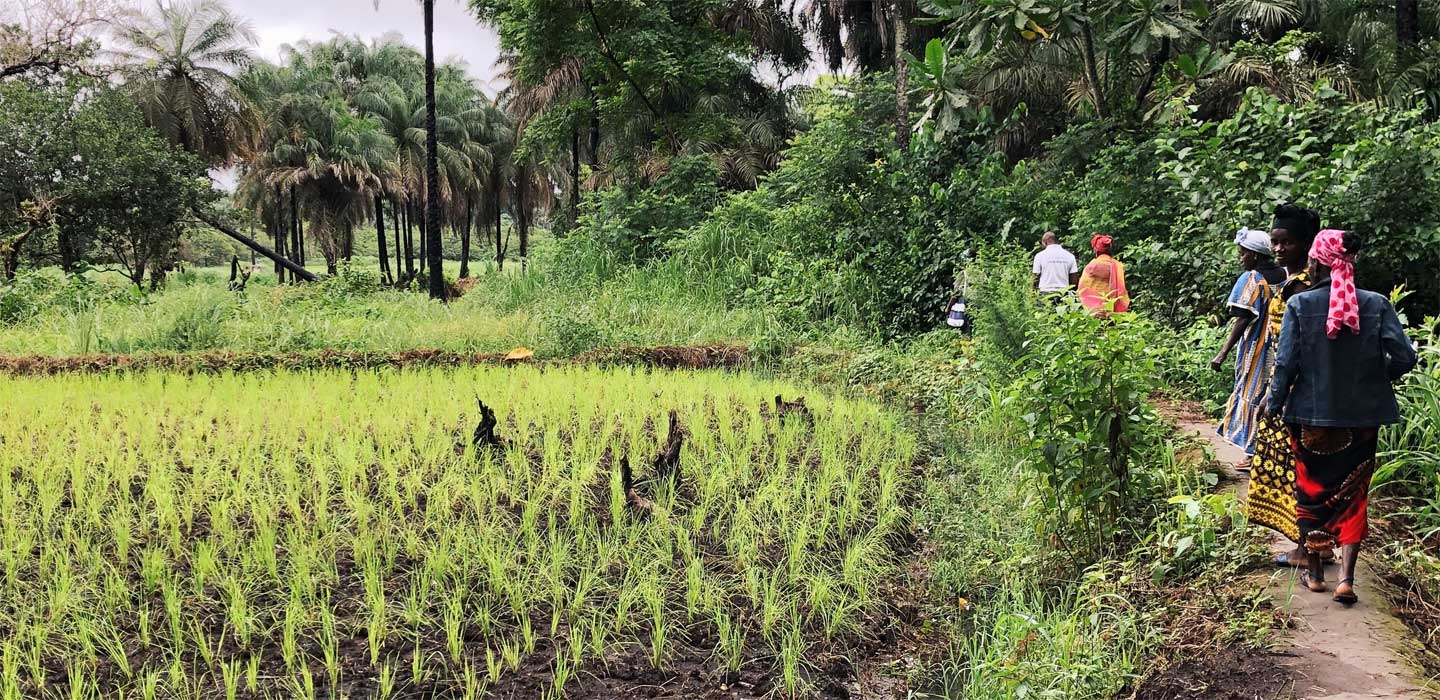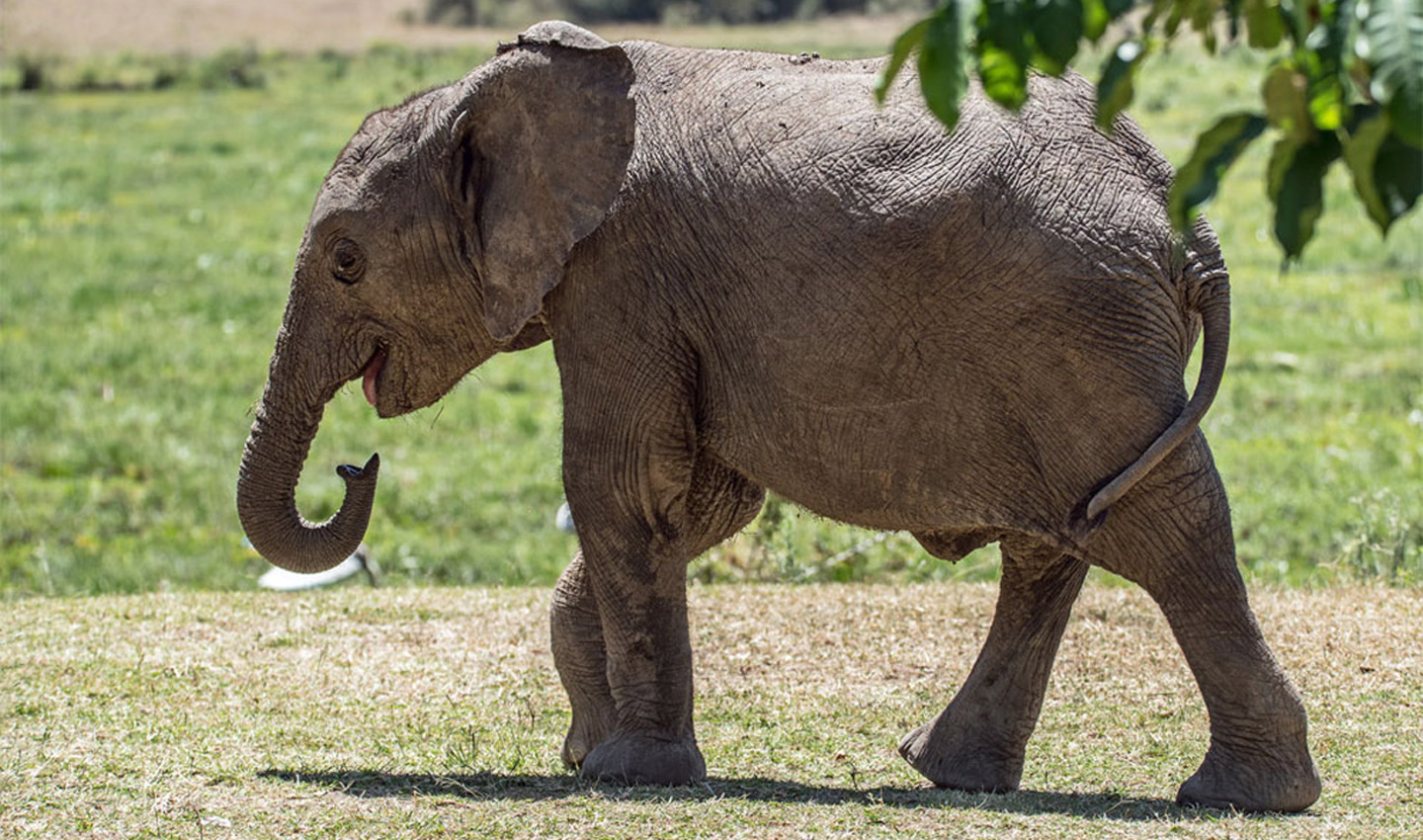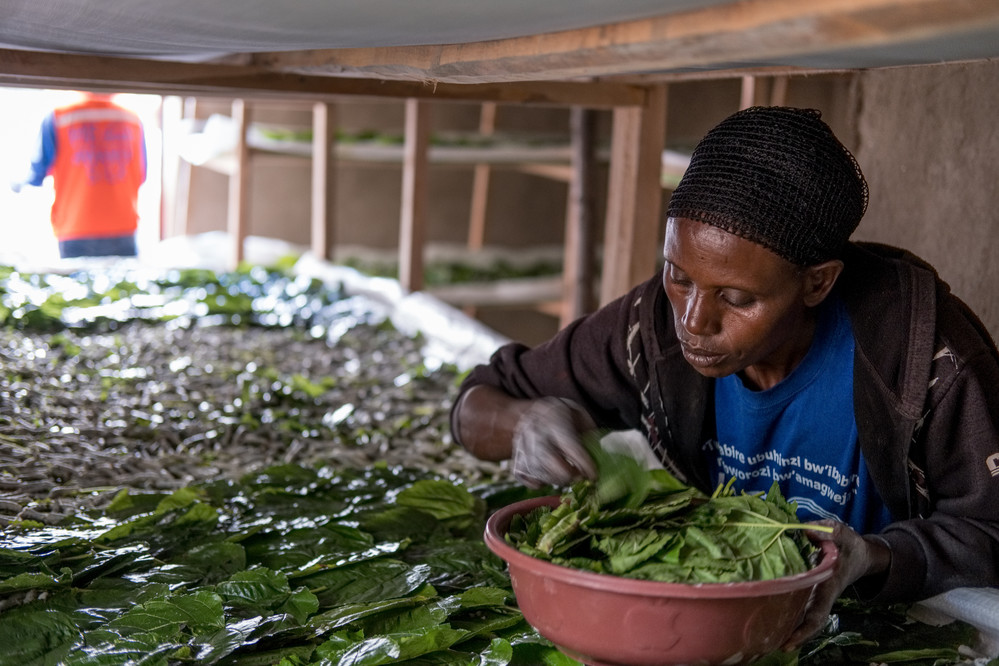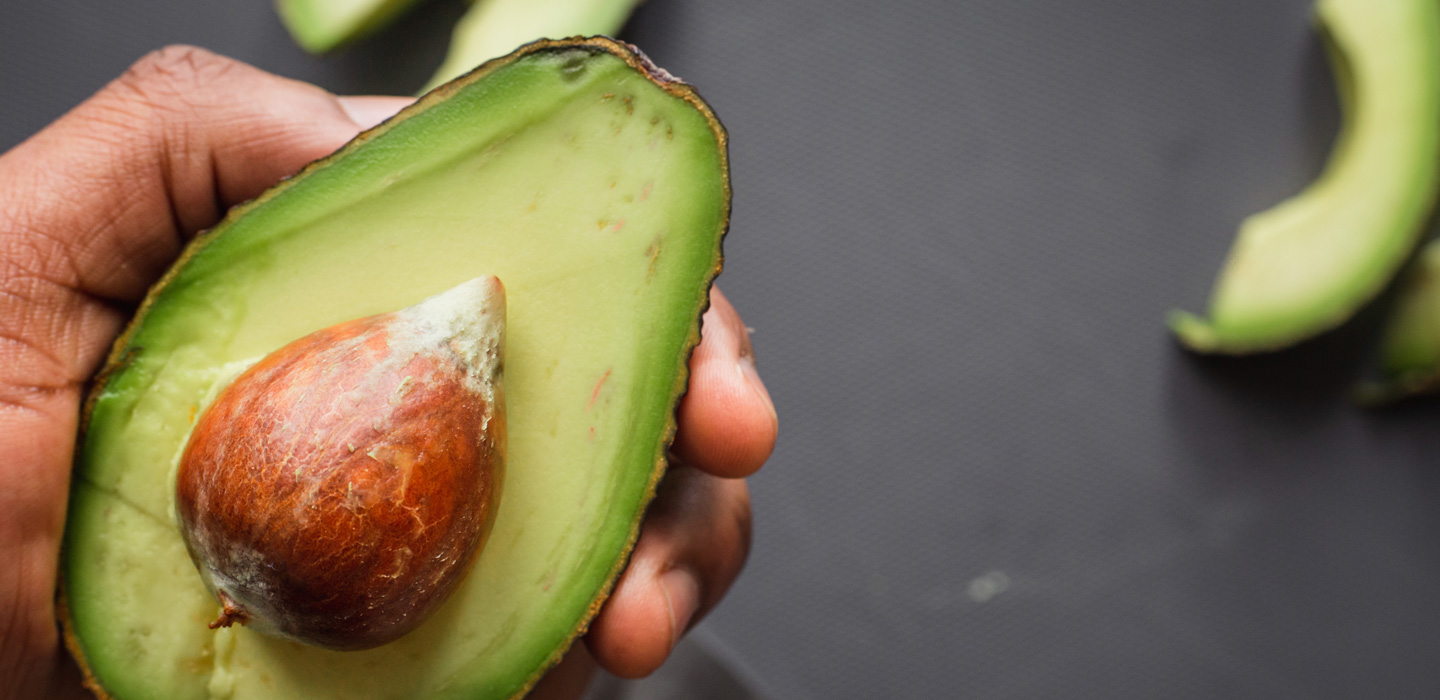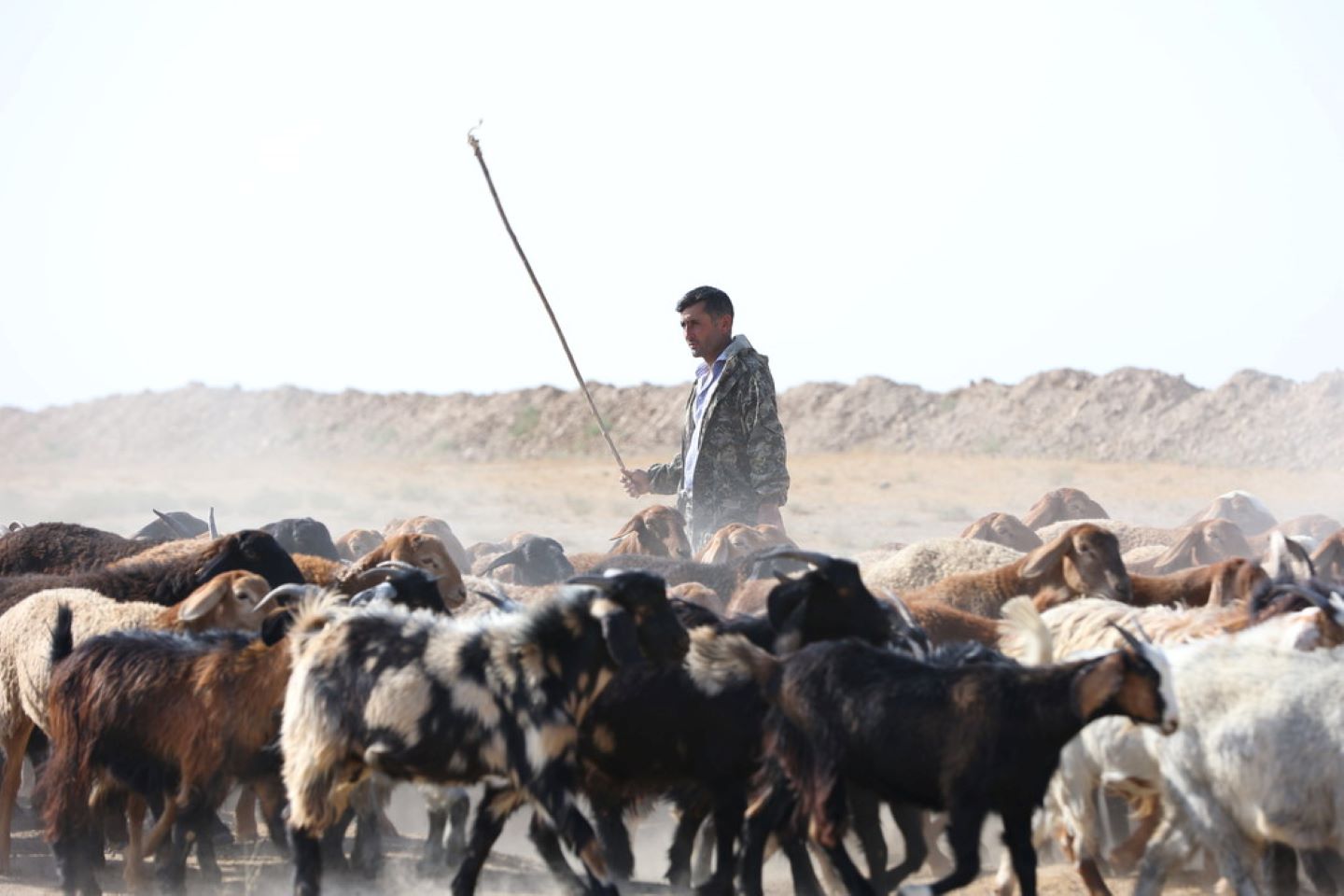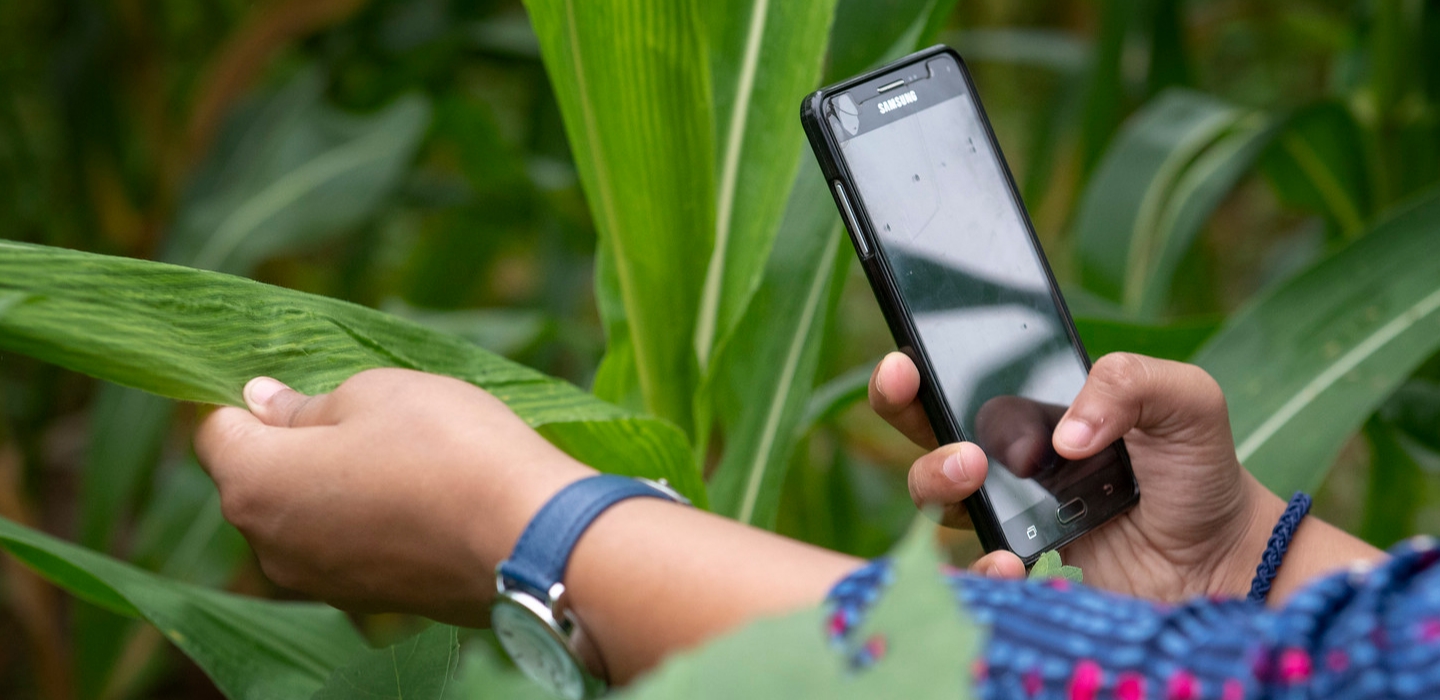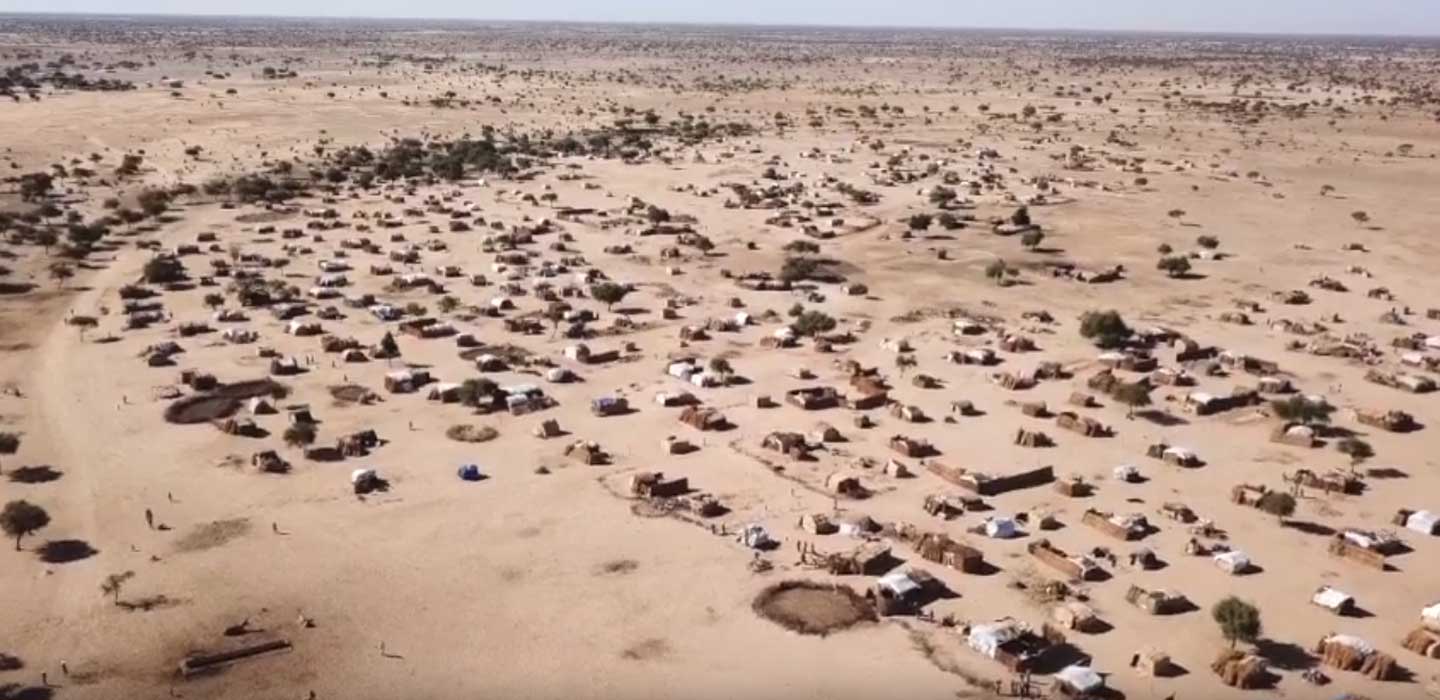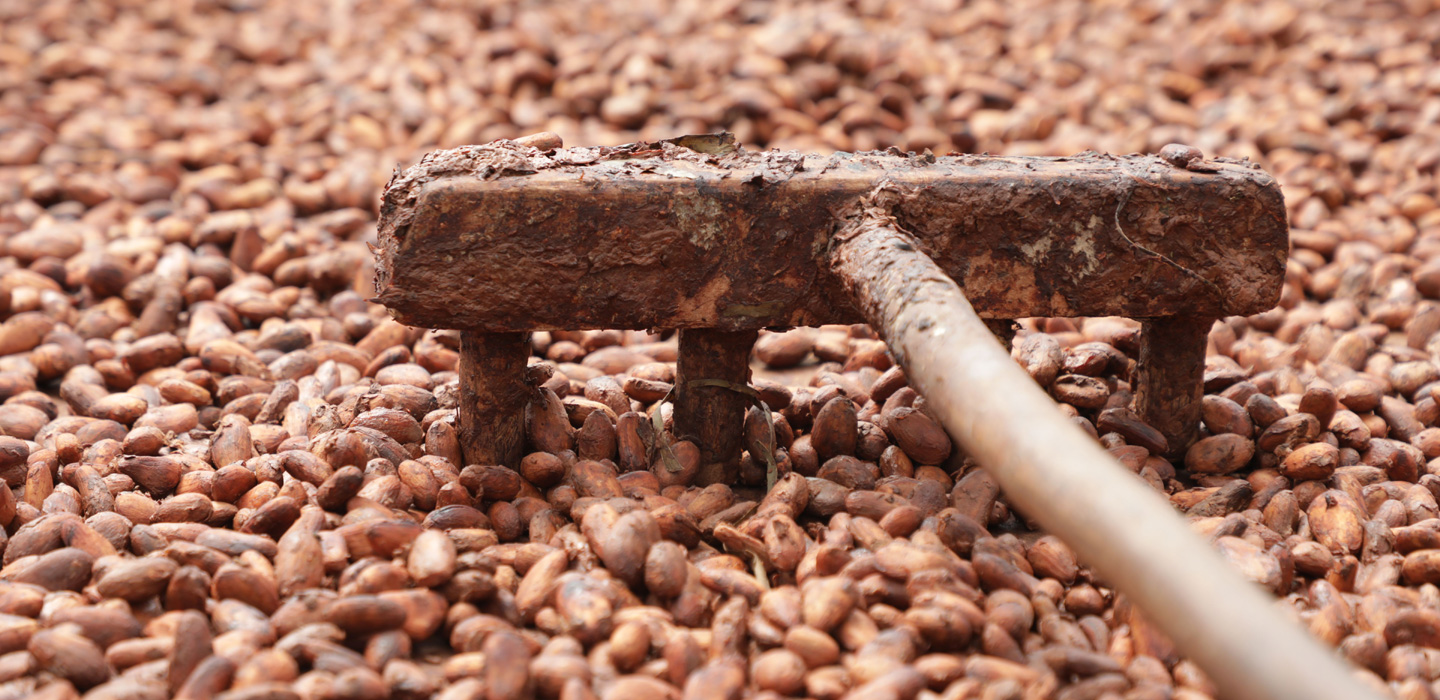Latest
Latest

Latest
Manual Submenu Topics
Search Results Filters
Search Results
Dealing with the COVID-19 Crisis - Episode 6
We’re coming to you ahead of schedule with an extra edition: an interview with IFAD’s President Gilbert Houngbo on how the novel coronavirus has impacted IFAD’s work.
Don’t allow the coronavirus to open up another front
What started as a health crisis could turn into a food crisis unless we take measures now. Preventing a food crisis is key to maintaining the strength to fight back.
Recipes For Change: Chef Bowerman’s take on cooking from home under lockdown
As the world adjusts to life with COVID-19, we’re asking our Recipes for Change chefs to share some world-class recipes that you can make with ingredients you’ve already got in your home cupboard. Michelin-starred Chef Cristina Bowerman shares two simple and nutritious recipes involving chickpeas.
Changing lives in times of uncertainty: how innovative agriculture builds resilience
As countries prepare for the pandemic the mandate of a rural development organization may seem to some not particularly relevant to the current crisis.
Serving the rural poor in the time of physical distancing: Staying safe, well – and connected
It has been three weeks since COVID-19 has drastically altered the daily lives of IFAD staff headquartered in Rome and stationed around the world.
Indigenous Peoples in the Farming Front Seat - Episode 5
In IFAD's Podcast Episode 5, we’re focusing on indigenous peoples and the challenges they face when it comes to agriculture.
What we can do to support farmers on the front lines of climate change
Each of the world’s agricultural production systems had millennia to adapt to local climatic conditions, especially in terms of temperature and rainfall.
A future for students with water, vegetables and roses
In Kenya’s Nyeri county, sustainable water system technologies have substantially improved the lives of students, staff and surrounding communities and have opened up a brighter future for many.
Mali and IFAD develop a new strategic programme to meet the challenge of achieving the Sustainable Development Goals in the face of climate change
The Government of Mali and IFAD held a workshop in Bamako on 5 March 2020 to prepare a new results-based country strategic opportunities programme (RB-COSOP) for the period 2020-2024.
Recipes for Change: Dhindo – corn flour purée with nettle leaf curry and pickled tomatoes – Nepal
Climate change is contributing to increasing temperatures and droughts in Nepal, where corn and tomatoes are a staple food.
Scaling-out gender transformation for climate change
Development approaches must address structural barriers and power imbalances for women and other marginalized groups to adapt to climate change.
Djibouti’s “mother counsellors” are agents of change
They guide women through all the steps of caring for a child – from conception and pregnancy to birth and the critical first years of a child’s life. Although this description might call to mind doctors, nurses or specialised health workers, it also includes another category of care provider that must not be overlooked – mother counsellors.
Rethinking government support to farmers
It is becoming increasingly clear that the ways in which we produce, market and consume food need to be reconciled with environmental, economic and social sustainability.
Securing sustainable food systems hinges on gender equality
The three United Nations' Rome-based agencies dedicated to food and agriculture called today for bolder action to achieve gender equality and empower women and girls in the agricultural sector and beyond.
India - economic and social empowerment for one million women
Ahead of International Women’s Day on 8 March, IFAD has highlighted the role community organizations have played in empowering one million women to fully participate in economic, political and social life in the western Indian state of Maharashtra.
Senegal: Focusing on Ability
Djenalib Ba and Daba Diom are Persons with a Disability. Training received from IFAD-supported projects in rural areas of Senegal made them able to feed their families and send their children to school.
The faces of empowerment
Rural women are key agents in the effort to achieve the economic, environmental and social transformations required for sustainable development. Ensuring their empowerment is crucial not only to their own well-being, but that of their families and communities.
El FIDA invita a los jóvenes de América Latina y el Caribe a postular al Premio a la Innovación Juvenil Rural
El FIDA ha lanzado el Premio a la Innovación Juvenil Rural el cual busca impulsar y fortalecer las capacidades de los jóvenes rurales de América Latina y el Caribe y promover las oportunidades generadas por jóvenes que ya están cambiando el mundo rural en la región.
Handle with care: Vulnerability, the human face of state fragility
Vulnerability and fragility might not be perfect synonyms, but they share a very similar meaning. Both words refer to something breakable, delicate and frail – something that needs to be handled with care.
Fighting against COVID-19: the importance of building long-term resilience in rural communities
Two months have passed since the beginning of the new coronavirus outbreak in Hubei, China. It seems an appropriate time to reflect on the impact of COVID-19 on rural communities in China, and on the importance of investing in rural people in order to build long-term resilience to shocks.
President Xi Jinping of China thanks IFAD, FAO and WFP for their support during COVID-19 outbreak
President Xi Jinping of the People’s Republic of China has expressed his thanks to IFAD, FAO and WFP in response to their pledge of support to his country as they face the COVID-19 outbreak.
Guinea-Bissau and IFAD partner to build farmers’ resilience to climate change
The International Fund for Agricultural Development (IFAD) today announced support for a new project in Guinea-Bissau to reduce poverty, increase productivity and incomes, improve food and nutrition security and build the resilience of at least 287,000 small-scale farmers in the face of climate change.
Building for biodiversity: How one fence saved Kenyan farmers, crops – and wildlife
We often think of elephants as gentle giants. Beloved by nature enthusiasts the world over, they are an iconic presence in the forests and grasslands of Africa and Asia. They are also a keystone species, indispensable for maintaining the biodiversity of the ecosystems in which they live.
Rwandan silkworm farmers weave links to global markets
Forty-seven-year-old Rwandan farmer Pierre Kanyarwanda is enthusiastic. For the last five months, he has brought additional money home by applying his newly acquired skills in sericulture (silkworm rearing).
Could avocados save Nairobi's water?
Esther Wandia is an avocado convert. Two years ago, the single mother of four decided to set up a tree nursery on her farm in Makomboki, in a hilly area north of Nairobi known for its tea production.
To move the needle on ending extreme poverty, focus on rural areas
The considerable gains made worldwide in poverty reduction over the last 10 years have been widely recognized. And indeed, in a year when China aspires to complete its 40-year project of lifting some 770 million people across the poverty line, it is clear that a greater proportion of the human population is wealthier today than at any other moment in history.
CGIAR announces agritech blog post contest winners
Agritech – the use of cutting-edge technological innovations in agriculture – is generating a lot of buzz these days. Entrepreneurs and start-ups all over the world are brimming with brilliant ideas for bringing big data, connectivity, and digital platforms into the field, and the results so far have been incredibly promising.
Niger: No safety without water
Increasing violence in the Sahel region is causing a rise in the number of internally displaced persons. Fleeing Boko Haram through the desert, there is an urgent need for shelter and basic resources, like water.
Women Powering the Farming Future - Episode 4
In IFAD's Podcast Episode 4, we gear up for International Women’s Day and look at how women are powering the farming future.
Cacao: How just one crop has boosted an entire country’s exports
Once considered the world’s largest cacao exporter, Sao Tome and Principe had significantly scaled back its operations after gaining independence in 1975. But with IFAD's assistance, cacao – the key ingredient in chocolate, and a major cash crop – is making a comeback.

